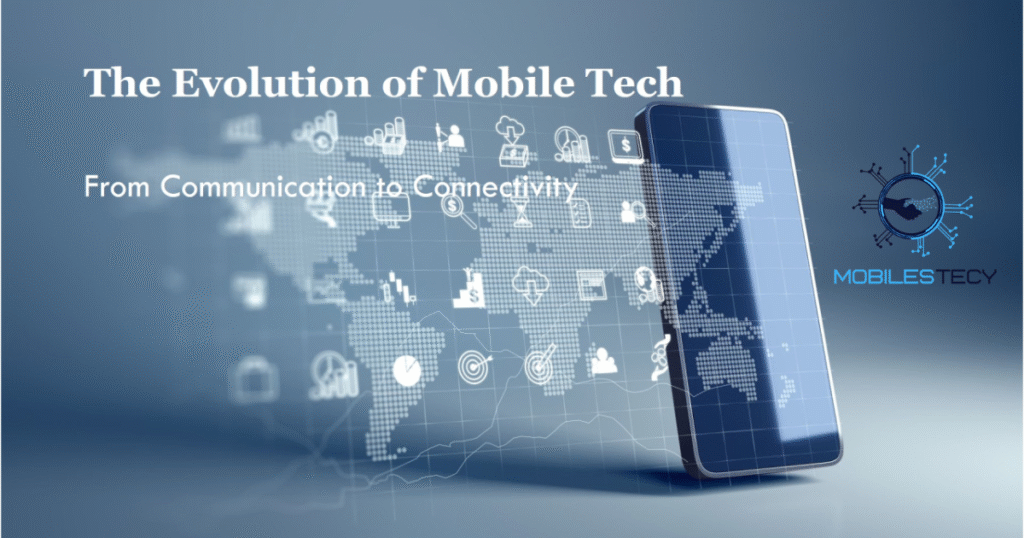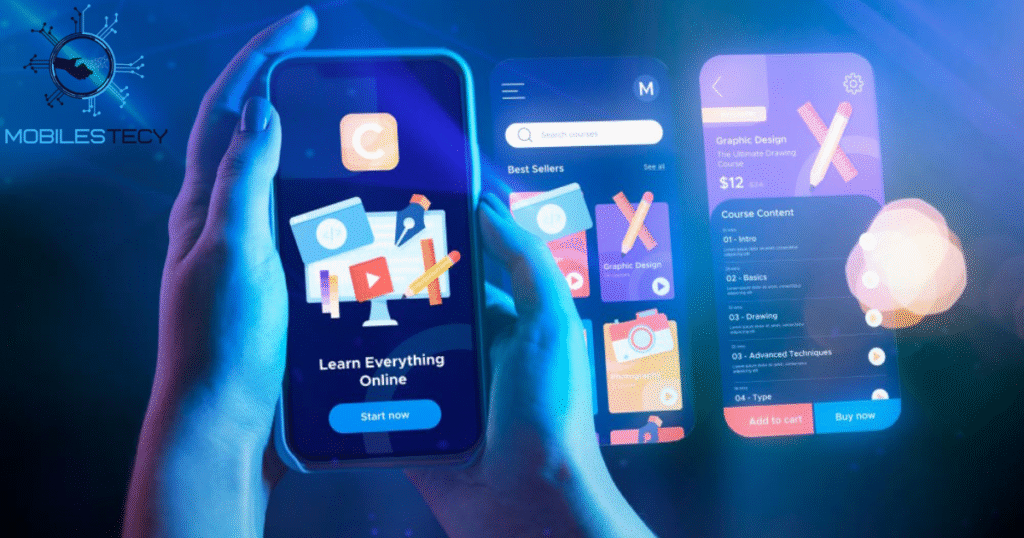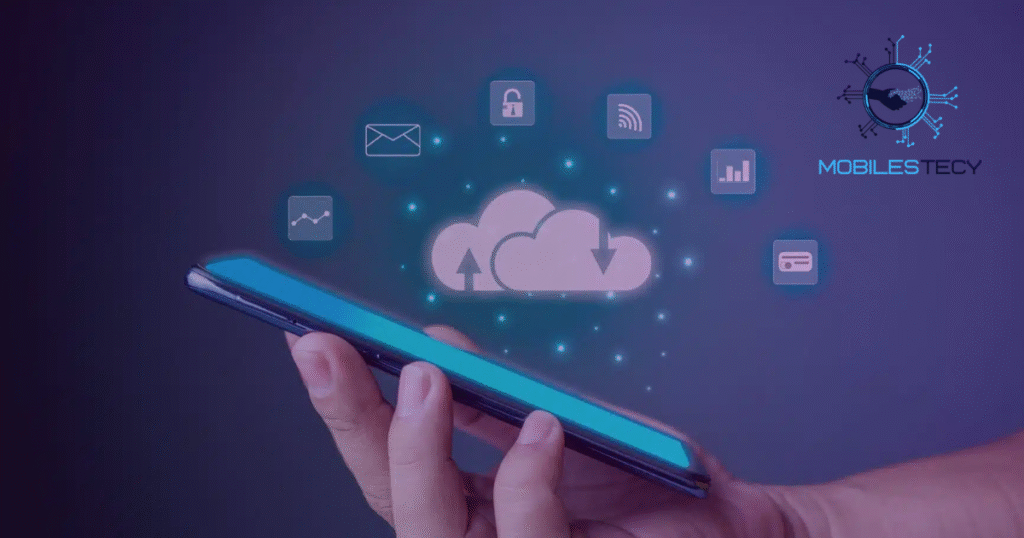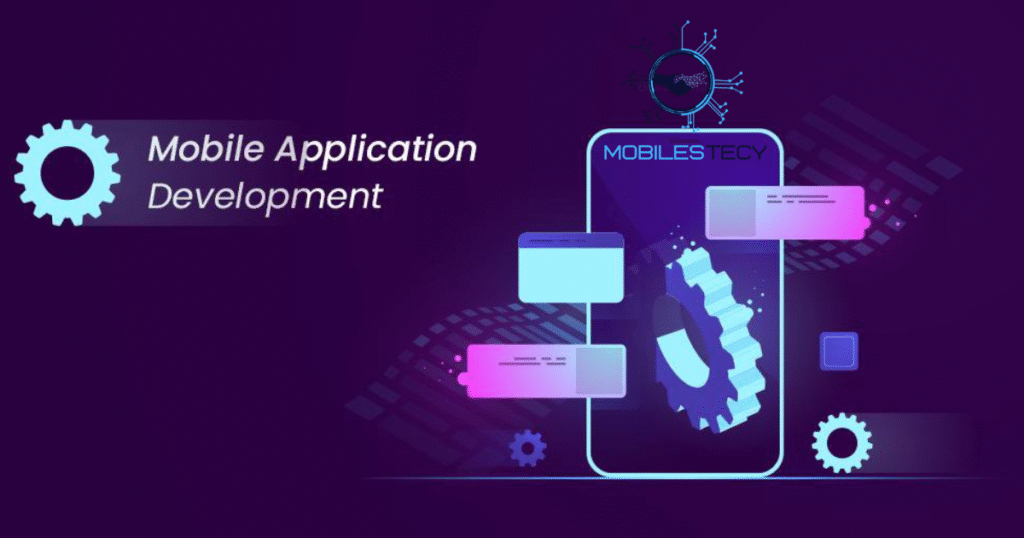Mobile technology software has redefined the way people connect and communicate. It powers smartphones, tablets, and wearables with efficiency and unmatched flexibility. Behind every function lies software driving applications, features, and user interactions. Without software, hardware devices would remain lifeless shells lacking meaningful purpose. This makes software the unseen engine powering the modern digital lifestyle.
Over the years, mobile software evolved from basic systems into vast ecosystems. Simple tools like messaging and calculators have grown into complex platforms. Operating systems, applications, and enterprise solutions now fuel digital transformation globally. They integrate businesses, individuals, and governments into efficient mobile-first environments. The expansion shows the unmatched potential mobile software continues to provide.
Today, emerging technologies like AI, IoT, and 5G drive mobile software forward. Applications grow smarter, faster, and more personalized for every unique user. Enterprises adopt mobile-first strategies to maximize reach, security, and accessibility worldwide. Mobile software now serves industries ranging from healthcare, education, finance to entertainment. It remains the backbone of digital progress shaping our collective global future.
Table of Contents
Evolution of Mobile Tech Software

Early mobile software featured simple messaging, calculators, and limited pre-installed applications. Devices operated on proprietary systems, restricting developers from innovating freely. Functionality remained basic, offering only communication and minimal productivity tools. Despite limitations, these systems paved the way for greater technological progress. The stage was set for smartphones that would change everything.
The launch of iOS and Android completely redefined the software landscape. App stores allowed developers to publish solutions for global distribution instantly. Users gained access to countless apps across multiple categories and industries. From education to entertainment, mobile devices became indispensable digital companions. Smartphone ecosystems fueled creativity and opened new opportunities worldwide.
With 3G, 4G, and 5G networks, mobile software advanced rapidly. High-speed connections enabled real-time video streaming, gaming, and collaboration platforms. Cloud integration further boosted app performance, storage, and accessibility globally. Artificial intelligence enhanced personalization, efficiency, and automation in software systems. This evolution transformed mobile software into today’s global digital foundation.
- Mobile software enables seamless communication across devices with unmatched global connectivity.
- Applications enhance productivity, entertainment, education, and healthcare with innovative solutions.
- Security features protect sensitive data, ensuring user trust and system reliability.
Role of Artificial Intelligence in Mobile Software
Artificial intelligence integrates deeply into mobile software through predictive algorithms. It enhances personalization, automates tasks, and supports natural language processing. AI-driven assistants like Siri and Google Assistant simplify daily digital interactions. Developers use AI to deliver smarter, more responsive user experiences.
Machine learning in mobile applications boosts performance across multiple industries worldwide. Healthcare apps diagnose symptoms, while financial apps detect fraud instantly. AI improves gaming realism, education personalization, and intelligent customer support services. Its role continues growing as users demand advanced digital solutions.
Types of Mobile Tech Software

Mobile operating systems provide the structural base for mobile devices worldwide. Popular systems include Android, iOS, and Huawei’s HarmonyOS platform. They manage hardware resources, user interfaces, and application compatibility seamlessly. Every mobile ecosystem offers unique features that define user experience. Operating systems remain essential for organizing software into functional environments.
Applications dominate the mobile landscape, serving diverse global needs effectively. They exist as native, hybrid, or progressive web applications worldwide. Users access productivity, gaming, finance, health, and learning apps daily. The app ecosystem continues expanding with innovations in cross-platform frameworks. Applications reflect society’s evolving requirements and modern digital demands.
Mobile security software protects sensitive data from breaches, theft, and exploitation. It includes VPNs, firewalls, antivirus tools, and encryption technologies worldwide. Businesses use enterprise-grade software to comply with strict regulatory frameworks. Without mobile security, users would lose trust in applications quickly. Security remains the most crucial factor for global adoption success.
Impact of 5G on Mobile Applications
5G networks drastically reduce latency, enabling near-instantaneous mobile communications worldwide. They support high-speed data transfers essential for immersive digital applications. Mobile apps now deliver augmented reality and virtual reality experiences. Businesses innovate new services relying on lightning-fast global connectivity.
Entertainment platforms benefit massively from seamless, high-quality video streaming capabilities. Gaming apps achieve real-time multiplayer experiences with reduced lag issues. Healthcare and finance apps gain stability for critical services on demand. 5G promises to redefine mobile software experiences across all industries.
Cloud Computing and Mobile Integration

Cloud computing transforms mobile software with scalable storage and real-time access. Applications synchronize data instantly across multiple devices and platforms worldwide. Collaboration tools thrive by enabling remote teamwork without technical barriers. Cloud services ensure continuous app updates, backups, and robust security.
Businesses adopt cloud-enabled mobile solutions to minimize infrastructure costs globally. Scalability allows enterprises to adjust resources with growing demands. Cloud systems integrate AI and analytics, driving stronger business intelligence insights. Mobile-cloud synergy will dominate future enterprise and consumer application landscapes.
Applications of Mobile Tech Software
Healthcare has been revolutionized through mobile apps enabling digital health solutions. Telemedicine platforms connect doctors and patients without physical appointments worldwide. Wearable integration tracks vitals, offering proactive patient care and monitoring. These solutions extend healthcare access, especially in underserved rural communities. Mobile health apps improve outcomes and raise global health awareness.
The finance industry thrives on mobile apps providing secure financial management. Mobile banking, digital wallets, and investment tools empower global financial inclusion. Users transfer money, manage budgets, and invest from anywhere conveniently. Businesses leverage mobile payments to reach diverse and global customer bases. Mobile financial applications ensure faster, transparent, and secure transactions worldwide.
Entertainment remains a dominant driver of mobile software’s widespread adoption. Streaming platforms deliver video, music, and games to billions globally. Social media apps shape culture and redefine global digital communication patterns. Mobile gaming has grown into a billion-dollar industry worldwide. Entertainment applications prove mobile software’s massive influence on lifestyles.
- Cloud integration offers scalable storage, instant synchronization, and collaborative working platforms.
- Artificial intelligence powers personalization, automation, and predictive user experiences worldwide.
- 5G networks boost mobile application performance with speed, stability, and efficiency.
Future of Mobile Tech Software

The future of mobile software emphasizes immersive, intelligent, and adaptive solutions. Advancements will focus on augmented reality, mixed reality, and holographic experiences. Applications will grow increasingly context-aware, predicting user needs proactively. This shift creates highly personalized interactions within digital environments.
Security will become stronger with blockchain, biometrics, and AI integration technologies. Mobile ecosystems will prioritize sustainability, energy efficiency, and reduced digital waste. Enterprises will deploy mobile-first strategies to reach global markets effectively. Future mobile technologies will redefine connectivity and human digital relationships.
- Financial apps support digital wallets, banking, and investment with secure features.
- Entertainment platforms revolutionize streaming, social networking, and gaming for billions globally.
- Healthcare applications provide telemedicine, wearable integration, and remote monitoring capabilities.
- Mobile operating systems organize hardware resources and streamline application performance effectively.
- Future trends emphasize immersive AR, sustainable systems, and personalized user experiences.
Faq’s
What is mobile tech software and why is it essential today?
Mobile tech software powers devices, enabling communication, applications, and digital services. Without software, mobile hardware would remain inactive and practically useless.
How has mobile software evolved over the last two decades?
It grew from basic tools into complex global digital ecosystems. Today, it drives industries including healthcare, finance, education, and entertainment.
What role does artificial intelligence play in mobile software systems?
Artificial intelligence powers automation, personalization, and predictive analytics in applications. It improves gaming, finance, healthcare, and customer support across industries.
Why is mobile security software important for global application adoption?
Security protects data, prevents breaches, and builds user trust worldwide. Without strong protection, apps lose credibility and adoption declines significantly.
What future trends will shape mobile technology software development worldwide?
Trends include augmented reality, blockchain security, and sustainable mobile ecosystems. These advancements ensure immersive, efficient, and eco-friendly mobile technology solutions.
Conclusion
Mobile technology software has become the foundation of modern digital transformation. It drives communication, productivity, entertainment, healthcare, and financial systems worldwide. Without software, mobile devices would remain incomplete and practically useless. Software integrates hardware, networks, and applications into seamless functional ecosystems. Its influence reaches individuals, enterprises, and global industries every day.
The rapid growth of technologies like 5G, AI, and cloud expands possibilities. Mobile software now delivers smarter, faster, and more adaptive user experiences. It empowers businesses with new strategies while improving consumer accessibility worldwide. Healthcare, finance, and education sectors thrive through mobile-powered digital applications. These advancements highlight software’s ongoing evolution and revolutionary global impact.
Future trends emphasize immersive technologies, sustainability, and advanced security protections. Applications will integrate augmented reality, blockchain, and eco-friendly frameworks globally. Enterprises will adopt mobile-first models to reach larger audiences efficiently. Consumers will enjoy more personalized, immersive, and intelligent digital services. Mobile technology software remains the backbone shaping tomorrow’s digital future.
Read more latest Articles on Mobilestecy.com








